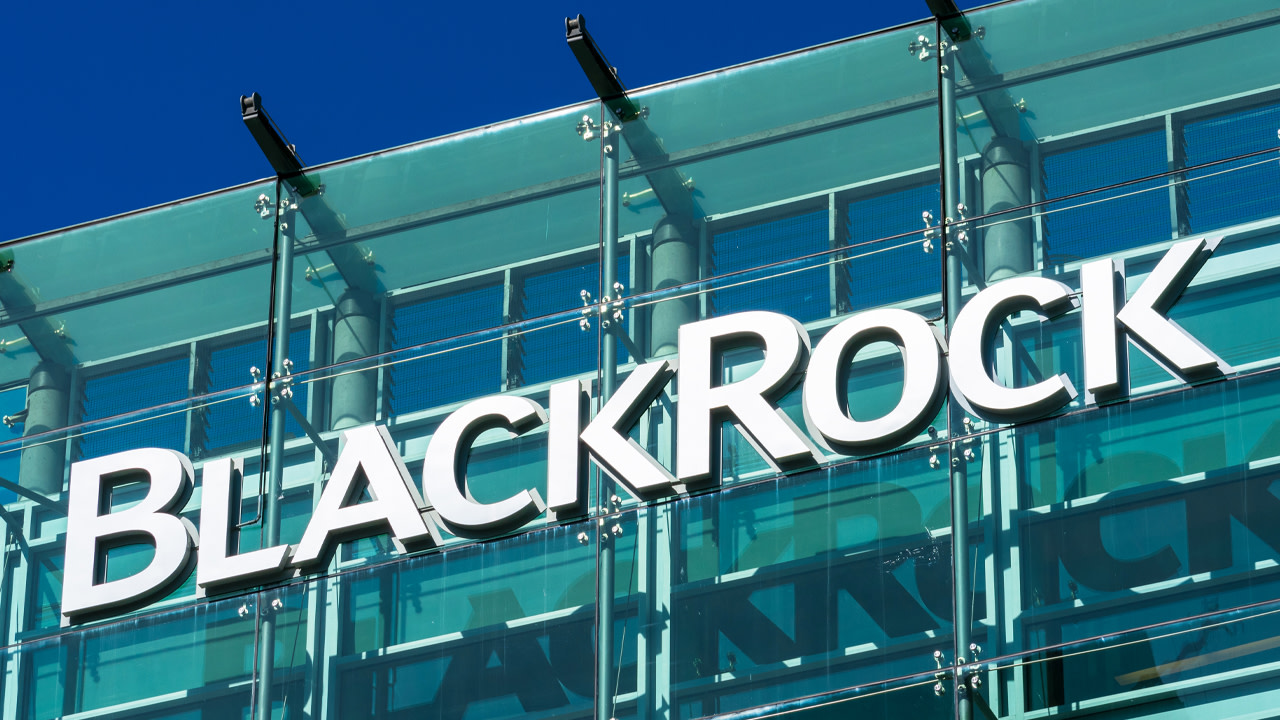BlackRock: Why The Finance Industry Is Hesitant To Ramp Up ESG Efforts
BlackRock Inc

It’s clear that for any significant improvement to be made for the planet, a massive investment is needed. Some countries understand this and are pooling resources in order to fight particular issues - whether that’s with food scarcity, water shortages, or decarbonisation efforts.
But when it comes to the private sector, banks, investment management firms, and other financial institutions, the giants in particular carry an incredible amount of weight, weight that can drive change now if the sector is ‘fully on board’ with ESG. However, we’re seeing something new developing in this regard, and one of the prominent companies that we’re seeing this dynamic in is BlackRock Inc.
Lately, the company has been eviscerated by pension funds, other investors and politicians. for their stance on ESG.
And while the finance industry is making gradual changes and developing sustainable objectives, it wouldn’t be surprising if the reason change is slow is due to similar circumstances that BlackRock is currently dealing with. Here is why.
The Situation Thus Far
BlackRock began by first committing to the Net Zero Asset Managers initiative in May 2021. This group represents 291 global managers that are collectively managing USD66 trillion in assets - all of which is committed to net-zero commitments. Beyond that, each global manager is responsible for bringing their portion up to a significant amount covering net-zero commitments.
In the case of BlackRock, they pledged that 77% of their assets will be funnelled towards net-zero commitments by 2050 or sooner. Currently, BlackRock has 25%. But despite the progress that they’ve made, their behaviour right now doesn’t fully reflect their intentions for two key reasons:
One is during the proxy season - July 1, 2021 to June 30, 2022 - they agreed to fewer climate change proposals from shareholders than their competitors.
Second is that even though they provide ESG initiatives and strategies, investors can still invest in fossil fuel companies through those initiatives.
Their overall sentiments can be best summarised in a statement in their 2030 net-zero report where they set interim targets:
“We expect to remain long-term investors in carbon-intensive companies, because they play crucial roles in the economy and in a successful (energy) transition."
(Read the 2020 Blackrock ESG report)
Banks Are On The Fence For Good Reason
It’s easy to look at the situation above and say that BlackRock is at fault for thinking this way. Many understand what’s at stake here and that a radical shift is needed. Each company that greenwashes, contradicts its word, or is still actively releasing emissions into the atmosphere without changing its ways is, in the context of climate mitigation, bad.
It’s easy to think that way, but similar to tree planting initiatives, the situation is nuanced..
For example, Mississippi Public Employees’ Retirement System is thinking of divesting from BlackRock. This was brought up by Mississippi Treasurer David McRae, who believes that ESG policies are a recipe for disaster.
His reasoning against ESG policies is that they “raise higher costs for consumers, create a weaker Mississippi job market, boost inflation, and we’ll get smaller returns from these investments.”
Even though the reasoning is unfounded in many ways, what McRae is revealing is the steady politicisation of ESG in America. Furthermore, he’s using it to remove a major investor in BlackRock - all because the BlackRock ESG team had developed ESG products.
On the flip side, you have California State Teachers’ Retirement System (CalSTRS), a trendsetter for ESG investing and the second-largest public pension plan in America. They’ve invested USD1 billion in the new low-carbon transition readiness exchange-traded funds that BlackRock offers.
Depending on how BlackRock behaves, they can lose out on significant clients who may decide to invest elsewhere. As a result, BlackRock - and no doubt other banks contemplating such decisions - is faced with the difficulty of either sticking to business as usual or actively implementing operational changes, a decision that gets harder when there are billions on the line. BlackRock is a good example of the fact you can’t have it both ways.
Change Is Gradual But It’s Working
Steadily, BlackRock is making adjustments, and primarily because most of BlackRock’s clients continue to demand ESG strategies within their investment advice. Many advocates stress how, regardless of political affiliation, respecting climate risk and making transitions to other energy solutions would only generate better long-term financial outcomes.
And they’re right.
More investors are asking BlackRock and many other financial institutions for ESG products. BlackRock made the switch to sustainable investments by the end of 2019 and into 2020 due to demand, and was a signatory in The Net Zero Asset Managers initiative. Today, the BlackRock ESG policy has resulted in a wide range of products and about half of its clients invest in those products.
Other asset management firms are seeing similar trends too so this is not a one-time instance. Investors are making it clear across the industry that ESG is a requirement for money manager mandates.
Perhaps the only real blockade comes down to the individual stance of the people holding all the money.
Follow corporate sustainability performance in our growing Company ESG Profiles listing.






